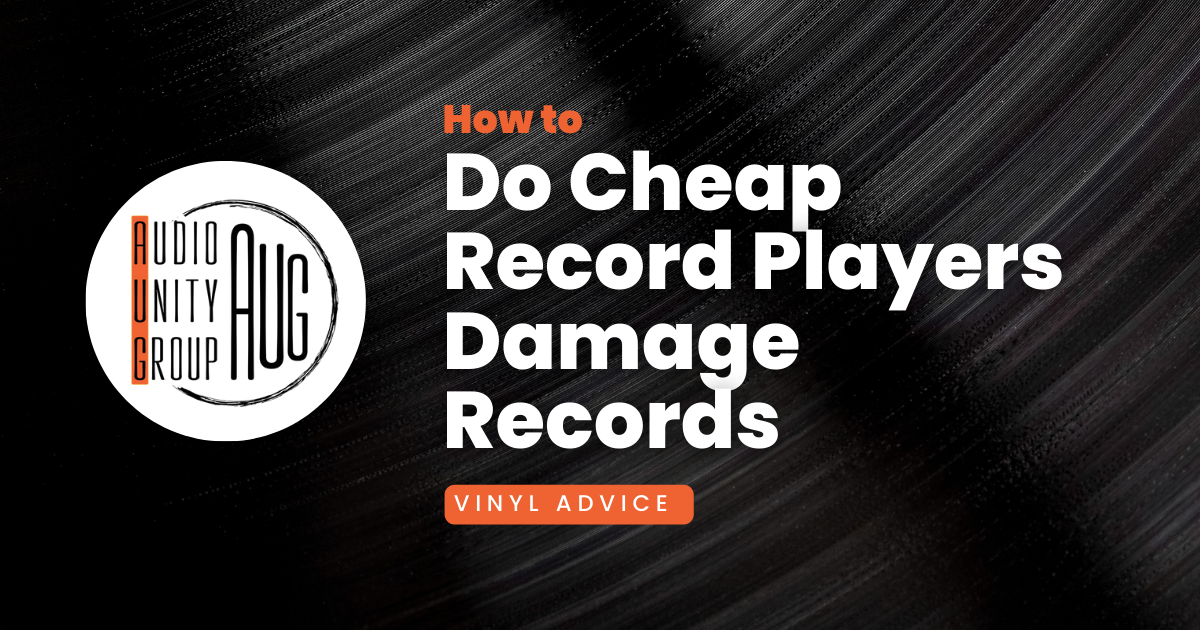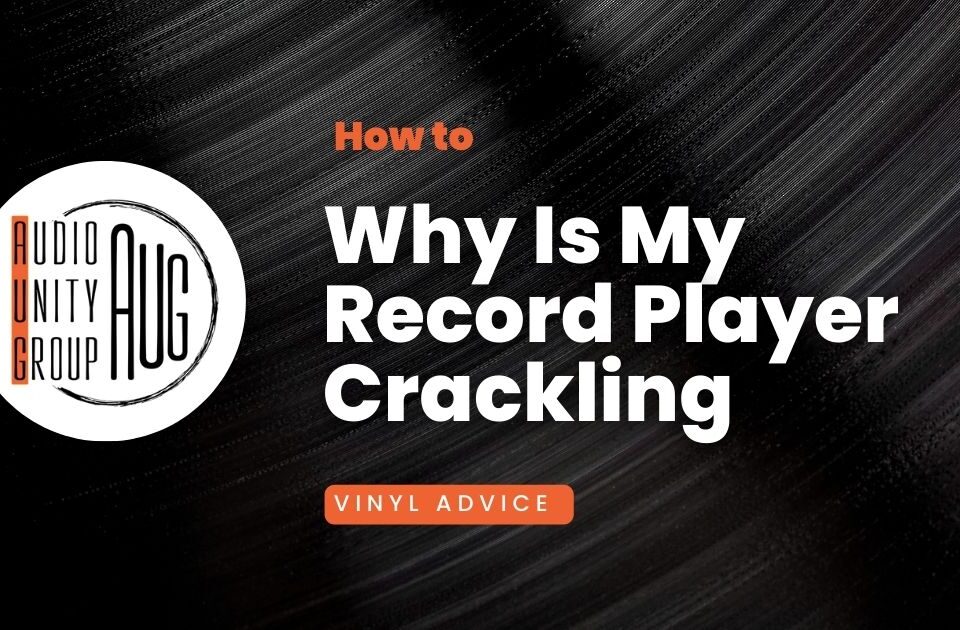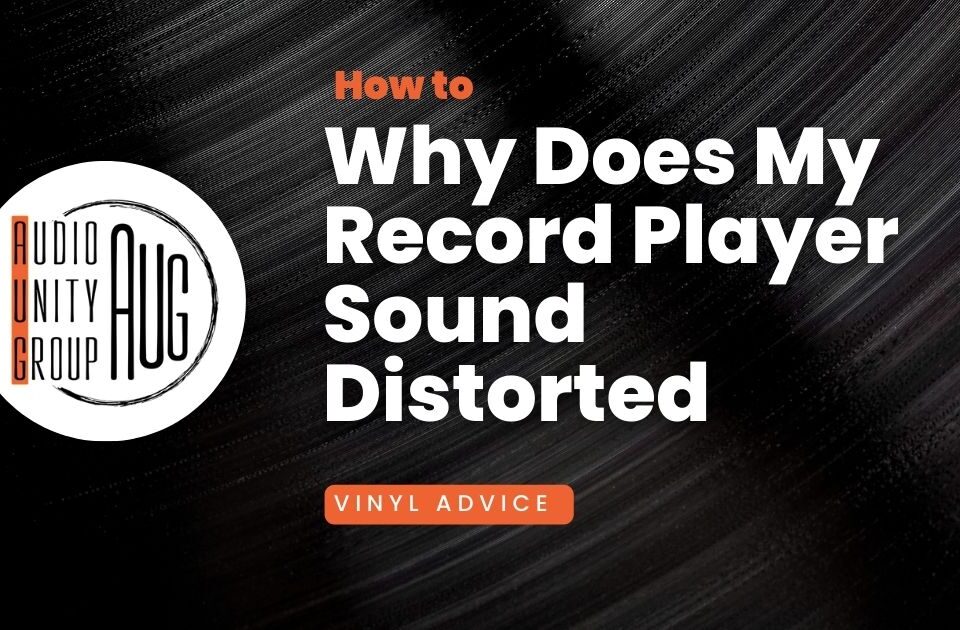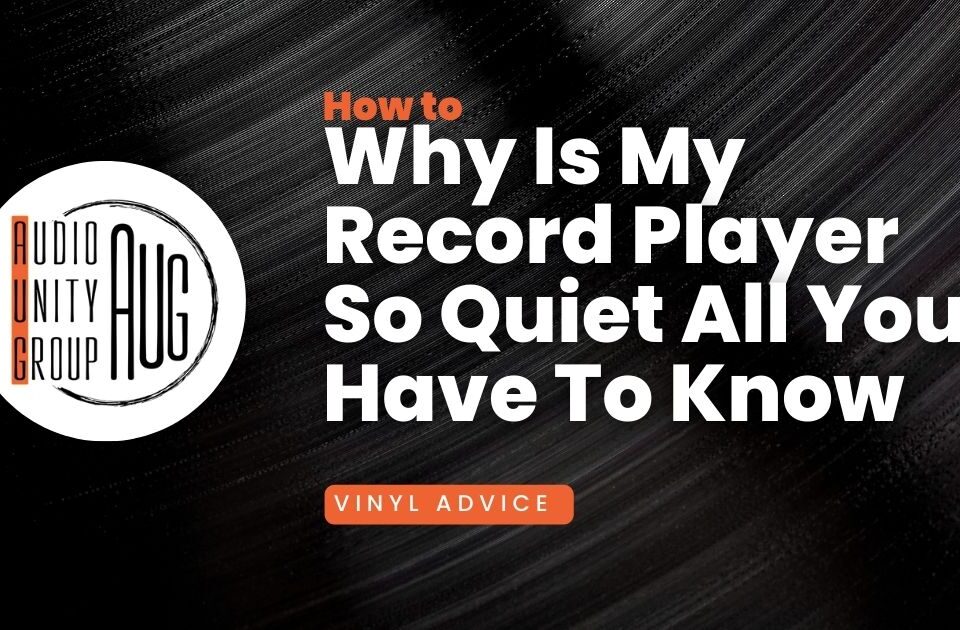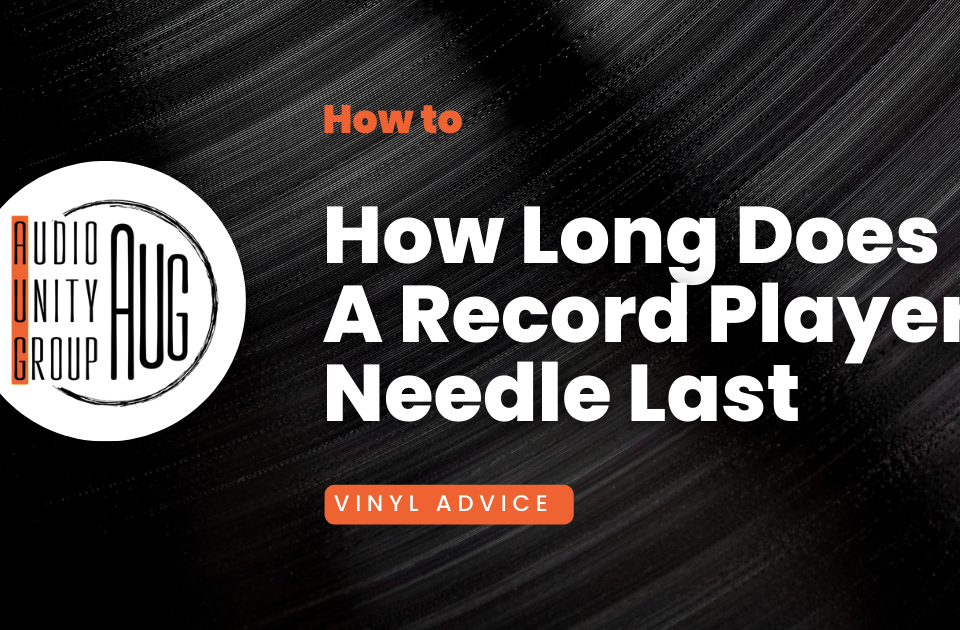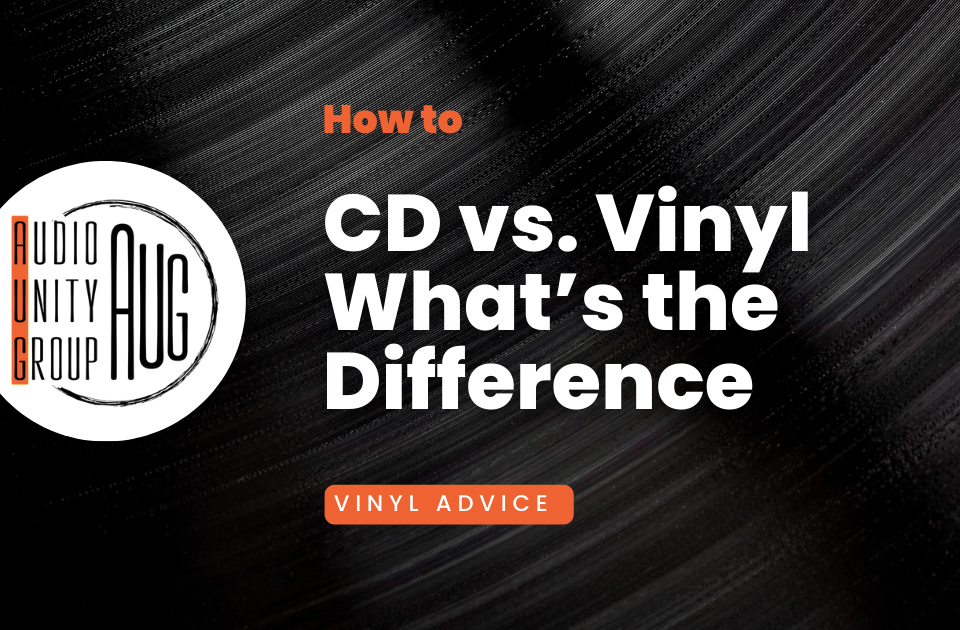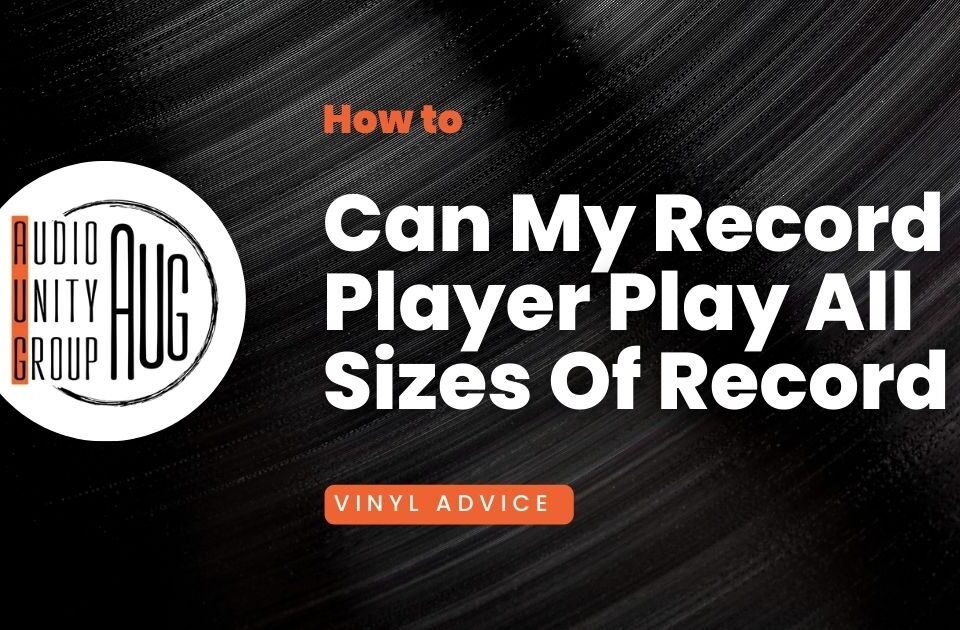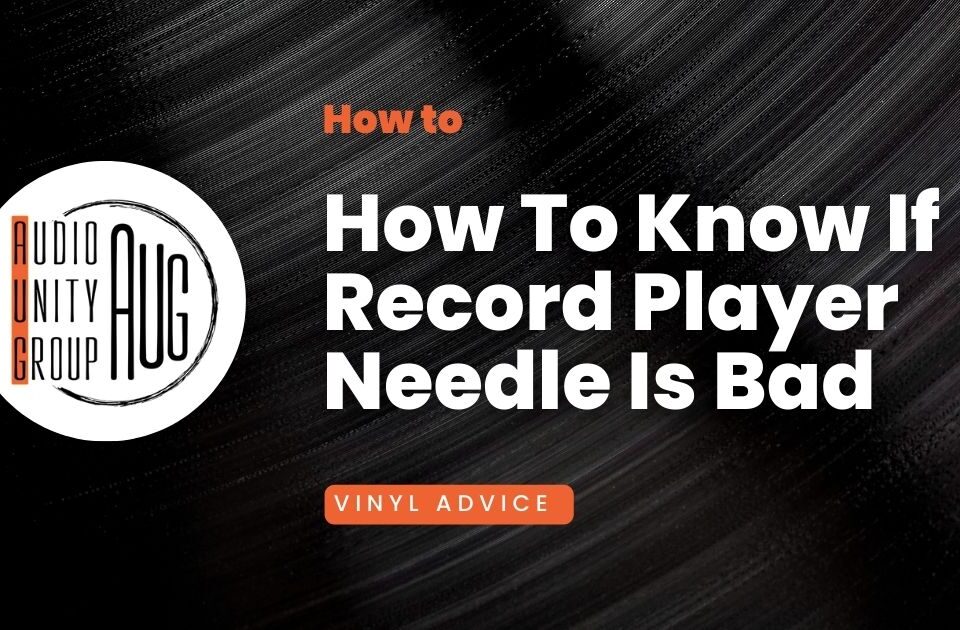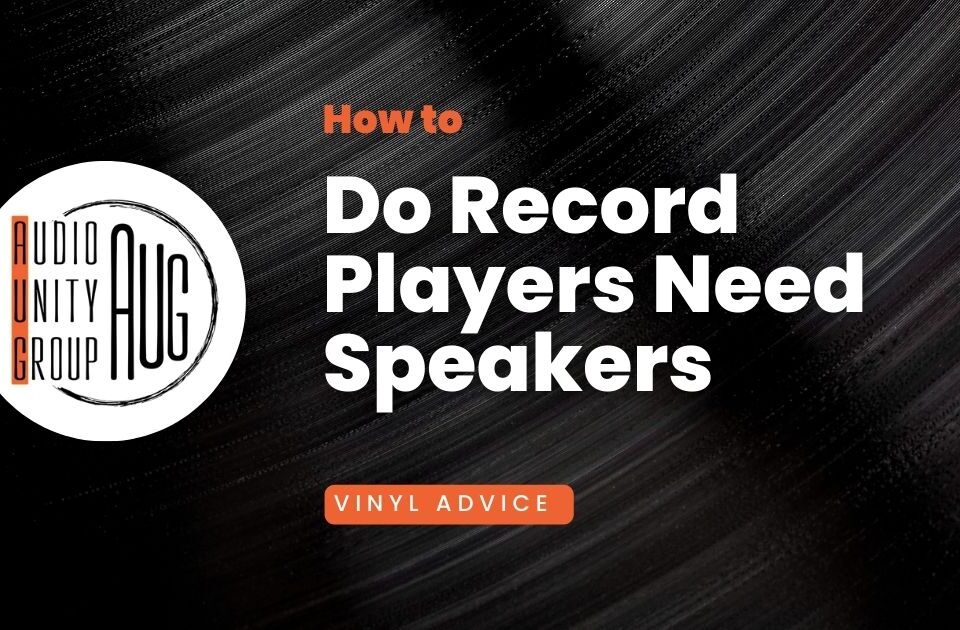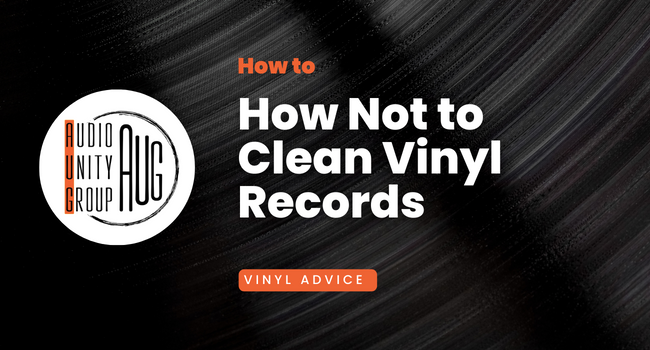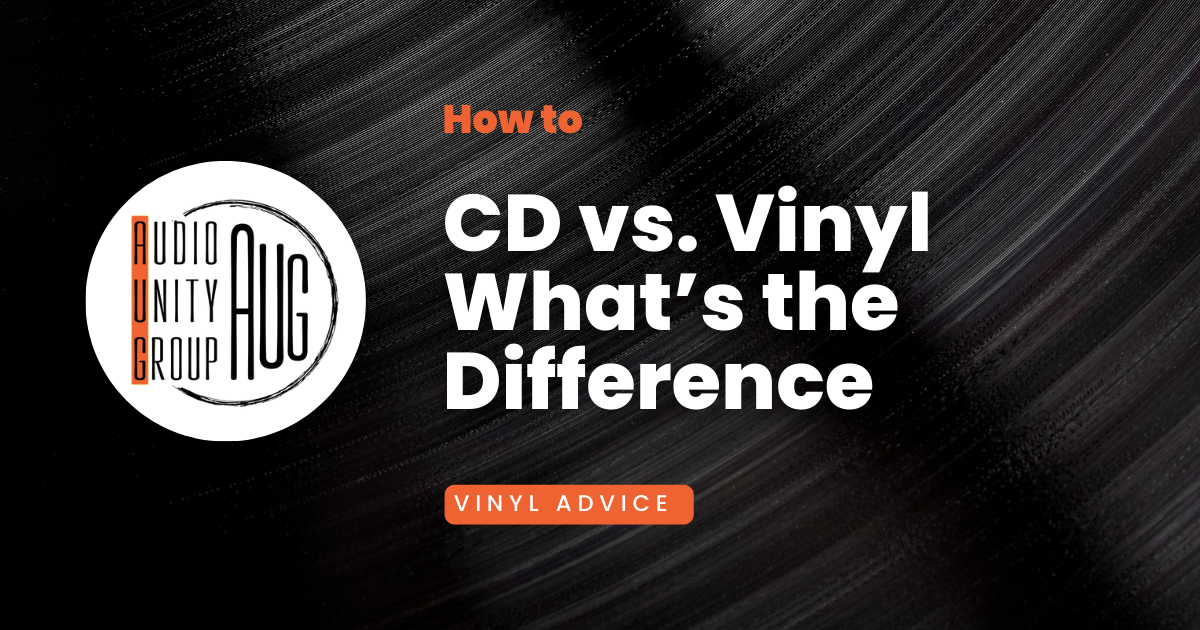
CD vs Vinyl What’s The Difference
June 9, 2023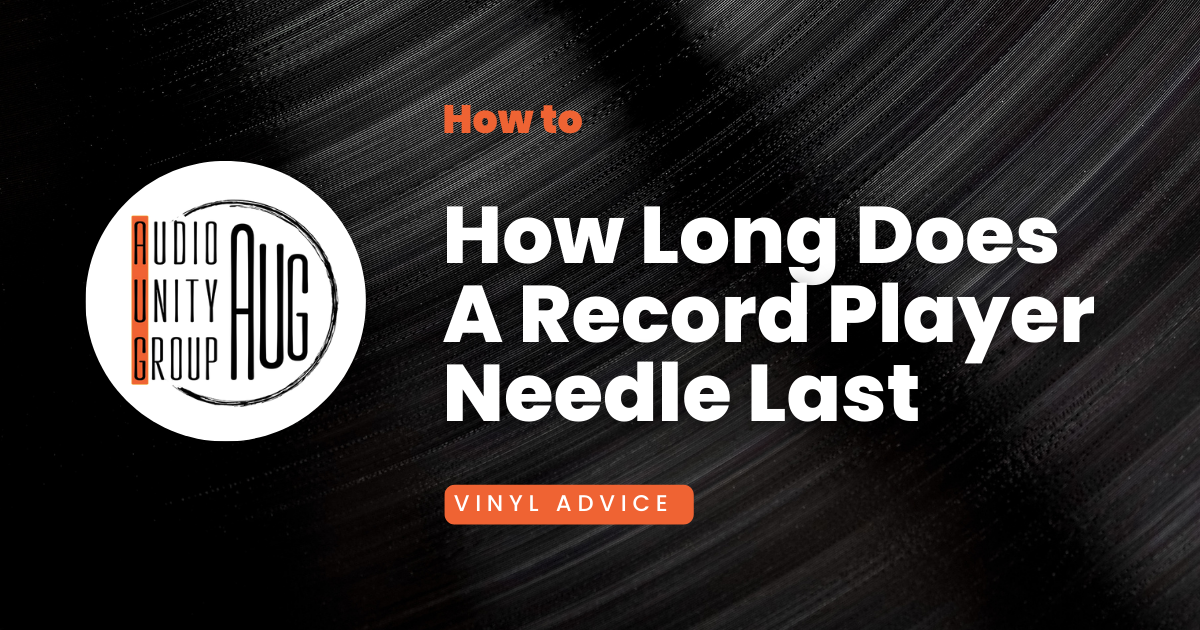
How Long Does A Record Player Needle Last: All The Answers
June 10, 2023Last Updated on June 23, 2023 by Tom S. Ray
Do Cheap Record Players Damage Records
Vinyl records were once the go-to way for music lovers to enjoy their favourite tunes. Now, with the introduction of digital alternatives, vinyl is making a comeback in popularity.
It’s important to note however that how you play your records can make all the difference as cheap record players can potentially damage your beloved collection.
Key Takeaways
- Low quality components and materials used in cheaper models can cause irreparable damage to vinyl records.
- Unstable turntables are more likely to cause tracking errors and increased wear on the stylus and needle.
- Excessive tracking force through a stylus may result in increased friction, causing groove walls of records to warp or scratch over time.
- Investing in high quality parts such as heavy tonearms and sapphire needles offer better sound quality, longer playtime and protection against unsteady playing techniques.
While vinyl records have a certain charm that digital formats can’t replicate, the choice between CD and vinyl depends on various factors, which we delve into in our comprehensive comparison of CD and Vinyl
The Impact Of Cheap Record Players On Vinyl Records
Poor quality components and materials, unstable turntables and tonearms, and excessive tracking force can all damage vinyl records when played on a cheap turntable.
Poor Quality Components And Materials
When purchasing a record player, it’s important to look into the quality of components and materials used. Cheaper models typically cut costs by using inferior parts – this can have a huge impact on both sound quality and the damage inflicted onto your vinyl collection.
Low-grade tonearms are particularly common in bargain turntables.
They tend to warp out of alignment over time, meaning the needle won’t move in perfect parallel with the grooves on a record – causing scratches or skipping; which is incredibly damaging for your records!
To reduce harm from occurring, opt for turntables featuring heavier tonearms as well as extra joints that improve stability and pivot accuracy – such as counterweights found at the end of most high-quality tonearms.
Not only will they provide smoother tracking but can also assist with reducing wear on styluses (needles).
Furthermore, budget players generally use cheap plastic platters instead of preferred rubber mats or heavy metal ones – which effectively create less friction between themselves and records when spinning so there is minimal surface noise created by movement across each groove.
Unstable Turntables And Tonearms
When it comes to protecting your vinyl records from damage, having a stable turntable and tonearm is essential.
An unstable player can directly impact the sound quality of your record or worse—scratch, scuff and even irreparably warp the record itself.
Unstable players affect tracking force: higher forces will cause more wear on the stylus and greater pressure on the grooves.
Incorrectly adjusted or inflexible tonearms can add excessive weight onto one side which can bend or break a groove wall thus damaging records quicker than normal use would over time; collisions of an unbalanced arm could also scratch large portions right into it.
Similarly, when playing at lower speeds such as 16 rpm tempo manipulation mistakes with jockey wheels increase heavily due to a lack of stability at these slower revolutions per minute momentums.
Excessive Tracking Force And Needle Wear
When playing records, the application of too much pressure through your turntable’s stylus can cause damage to vinyl.
As it slides along shallow grooves and ridges, too much force results in increased friction which leads to both stylus wear and possible record warping.
This is especially true when using cheap or low-quality needles that are more prone to wear out faster than higher-grade materials such as sapphire or diamond tips—the latter guarantees less tracking error, up to 80 hours of playtime and reduced risk of scratching delicate groove walls.
If you want your music collection to last for generations without loss or distortion in sound quality, then proper tracking force is essential. Many us
ers often think buying a new needle means improved fidelity with no regard for how their cartridge was set during installation or alignment with the tonearm counterweight—both are crucial steps before you hit the play button.
Do Cheap Record Players Work?
Cheap record players, or turntables, can work but it is important to note that they often come with considerable drawbacks compared to more expensive models. Inexpensive models may have poor quality components and materials as well as unstable tonearms which can lead to inaccurate tracking of a record groove resulting in distortion.
This results in a noticeable deterioration in sound quality along with increased wear on the stylus and needle over time.
While inexpensive models might be great for introducing someone into the world of vinyl records, it’s important to remember that investing in a higher end model built from quality components will help keep your records safe from damage while also providing better sound quality.
How To Protect Your Vinyl Records From Damage
– Choosing a quality turntable
– Proper handling and cleaning
Protecting your vinyl records can be as easy as investing in the right kind of turntable and taking care to handle them with care.
Choosing A Quality Turntable
When it comes to buying a turntable for your vinyl records, spending the extra money on a quality product will pay off in terms of sound quality and record preservation. The most important component is the stylus or needle as this part directly contacts the groove while playing a record.
Ideally, you’ll want to go with one that has an elliptical or spherical diamond tip which provides superior accuracy compared to cheaper needles made of sapphire or ceramics.
Turntables should also have durable parts reinforced with materials like iron and rubber which prevent shocks from interfering during playback. Furthermore, tonearms should stay in line with the record surface thanks to counterweights that balance out its weight against pressure exerted on each side of the groove wall.
Proper Handling And Cleaning
If you’re a true music lover, then chances are that you want to protect your vinyl records and ensure they stay in great condition for as long as possible. Vinyl can be an expensive hobby, so it’s important to make sure the investment of each record is respected.
To do this, there are several precautions that must be taken when handling and cleaning your vinyl collection.
When removing a record from its sleeve, never touch the grooves on either side as even tiny particles of dirt can cause damage over time. Lift the record straight out by gripping it firmly on both sides without touching the middle or edges.
All in All
To clean your vinyl; brushing dust off regularly goes some way but needs supplementing with proper deep cleaning methods every 8-10 plays depending on usage detail preference – high quality soap solutions like Discwasher fluid help maintain perfect sound clarity without providing harsh chemicals which could damage surfaces along with soft lint free cloths/brushes preferably made especially for audio equipment used by professional technicians! Suitable shelving units will also keep them securely stored upright & protected from direct sunlight amongst other factors! A few small investment pieces now could save much money in maintenance down The Line far too easily overlooked In The Turntable frenzy world we all inhabit today..
In conclusion, for the greatest protection of your vinyl records it’s important to invest in a quality turntable. Cheap record players can be dangerous to your collection and scratch or destroy records over time due to their low-quality components or inadequate counterweight which distorts the position of the tonearm.
In addition, cheap all-in-one suitcase models are typically fitted with needles and low tracking weight that may lead to premature wear on both groove walls of vinyl discs as well as distorted sound quality.
On the contrary, high-end turntables feature features such as adjustable tonearms, anti skate mechanisms and excellent stylus which protect not just the condition but also the sound produced when playing a record.
Thanks for reading.
Tom



